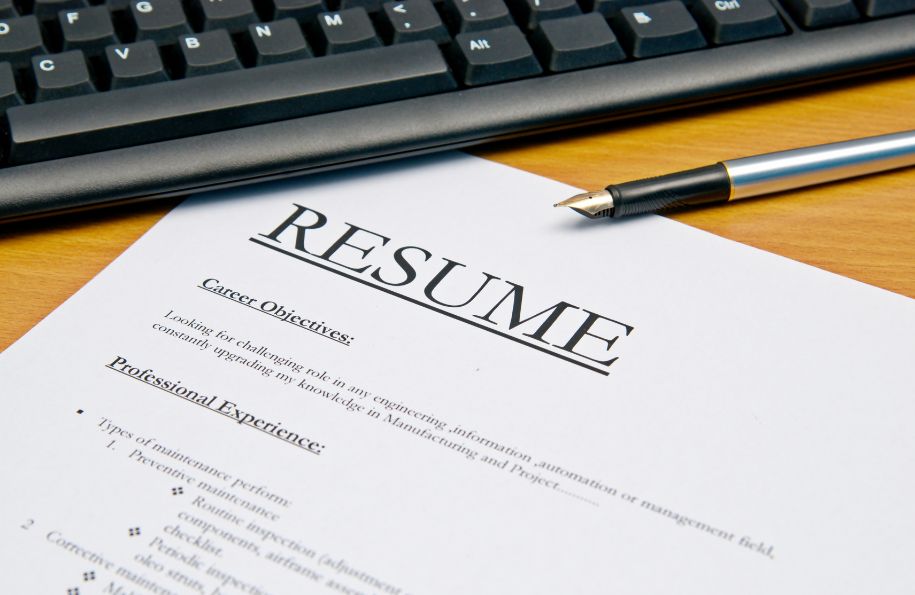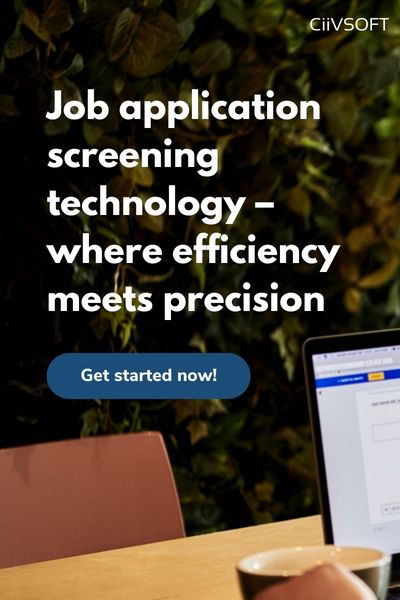Interview bias is the judgement or inclination for or against certain candidates in the interview process. Often considered unfair, bias is formed from a thought process, derived from stereotypes and potential prejudice that determines the interviewer’s reason to hire.
Unfortunately, we live in a time where there are many instances of interview bias. The unconscious thoughts, motives and decisions that negatively affect interview inclusivity and fairness as well the overall recruitment process.
To avoid future interview bias, let’s delve into the most common examples:
1. You’re stuck in an interview echo chamber
Firstly, we just want to reiterate the importance of not making a solo interview decision. Doing so increases the risk of bias as there is no second opinion or help to determine the right candidate fit.
But what happens when the interview panel consists only of a hiring team with very similar thoughts?
Well, interviewers in this situation may all have the same interview goal and vision in mind of what they believe is the perfect candidate. This interview structure is a common mistake made by hiring teams. Although they may all work well together, the likelihood of interview bias largely increases inside this interview panel echo chamber which results in a lack of diversity.

2. You’re overly influenced by company culture fit
We all value the importance of company culture and employer brand perception. But when you take these aspects into a job interview and prioritise them in a hiring decision it can become a little ambiguous. Why? Well, because one candidate who may be the perfect company culture fit is not necessarily the most qualified person for the job. You risk losing out on better candidates and higher-quality talent because they don’t fit the perceived company mould. The most effective and efficient working teams are those that are diverse. One of the easiest ways to build a diverse workforce is to not prioritise candidate and company culture fit. It’s much more effective to recruit for skills, experience and potential.
3. You prioritise how well you get along with a candidate
As humans, we naturally gravitate towards those we share similar interests with. This is no different in an interview. For some, it’s a priority to build a good personal rapport with the candidate and get on well with them (having common interests is a plus too!). But the issue here is that similarity bias plays a huge part in the reason to hire. Just because you get along with the candidate does not mean they’re always the right person for the job. You can risk unconsciously disregarding other potentially great candidates for the job because they have different personality traits from you.
4. You ask personal questions
Asking a personal question that strays outside of the interview framework will most definitely increase the risk of bias. A friendly and chatty question about the candidate; where they live, what pets they have and even their personal home life may seem innocent, but their answers can unconsciously affect their hiring chances.
These types of interview questions are extremely subjective, impossible to compare and not a fair way to assess a candidate’s character.
5. You cast a superficial judgement
Making a good first impression has long been the norm in an interview but is this approach a little outdated? Potentially. A first impression is a natural human instinct, but is it fair to let it affect the entirety of the interview? No. It can encourage a superficial judgement on the way a candidate looks or dresses. This of course causes a huge distraction from their real potential. You can find the best candidate for the job but you’re internally put off by something outside of their potential which means you risk losing out on top talent.
Unfortunately, it doesn’t stop there. Even in a video interview, many hiring managers will judge a candidate’s video background and home environment.
Look beyond the superficial aspects of a candidate and focus on what they can bring to the role to minimise the risk of interview bias.








